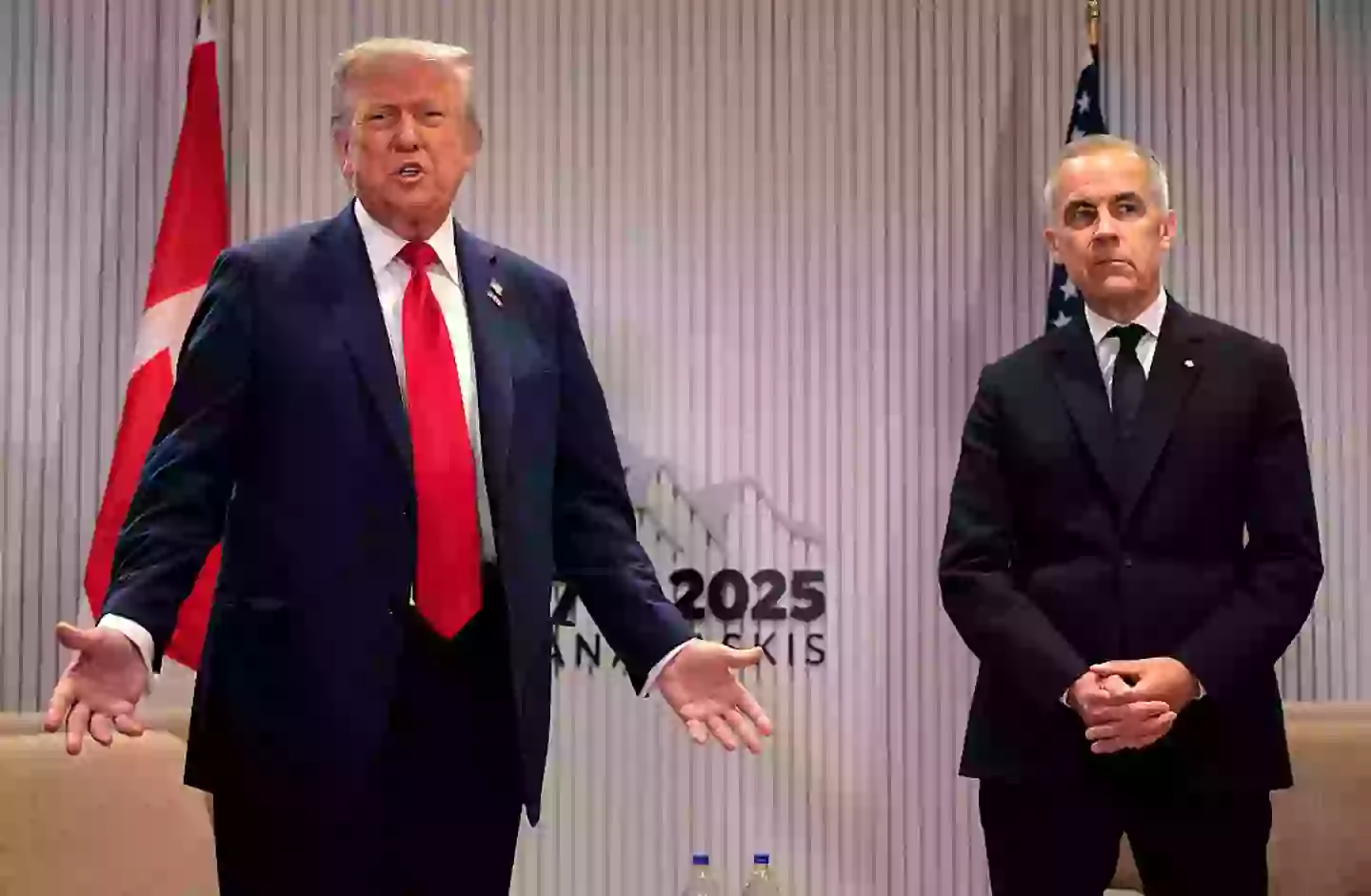After a period of warming relations, Canada and the United States are facing fresh trade tensions, driven by Canada’s new digital services tax. Mark Carney, the 60-year-old former banker who became Canada’s prime minister in April, had initially found common ground with U.S. President Donald Trump, a 79-year-old business tycoon. Their shared business sensibilities seemed to pave the way for productive trade discussions, but a new policy has disrupted that progress.
Canada’s decision to impose a 3% tax on digital services, affecting major tech firms like Amazon, Google, Meta, Uber, and Airbnb, has sparked a fierce reaction. The tax, effective June 30, 2025, applies retroactively from 2022, leaving U.S. companies with a $2 billion bill. On June 27, 2025, Trump took to Truth Social, labeling the tax a “blatant attack” on the U.S. and accusing Canada of copying the European Union’s similar policies, which he’s also challenging.

In his post, Trump declared an immediate end to all trade negotiations with Canada and promised to announce new tariffs on Canadian goods within seven days. He pointed to Canada’s high tariffs on U.S. dairy products, which can reach 400%, as a long-standing issue. The announcement came as a shock, especially after Trump and Carney agreed at the G7 summit in Alberta to work toward a trade deal by mid-July, raising hopes for a resolution.
Carney, unfazed, addressed the issue with reporters about an hour later. “We’re navigating these tough negotiations with Canadians’ best interests in mind,” he said calmly, signaling his commitment to continue talks despite Trump’s outburst. Later, in the Oval Office, Trump doubled down, saying the U.S. has significant economic leverage over Canada and calling the tax a mistake that Canada might reverse.
Daniel Beland, a political science professor at McGill University, explained that the digital services tax, enacted a year ago, has long been a point of contention. “It targets U.S. tech giants, so it’s no surprise it’s causing friction,” he said. Beland noted that Trump’s timing, just before the tax takes effect, seems designed to create drama and pressure Canada in ongoing trade discussions, which remain on shaky ground.


